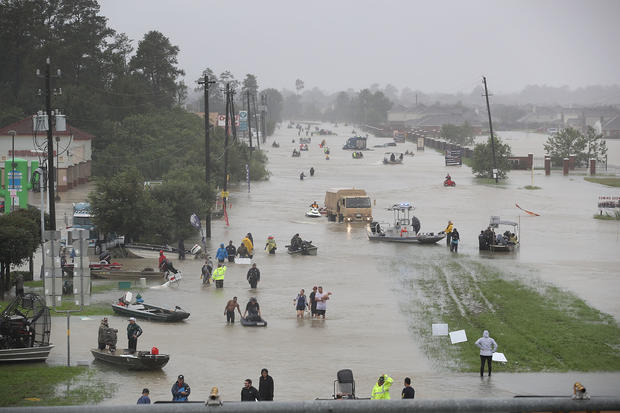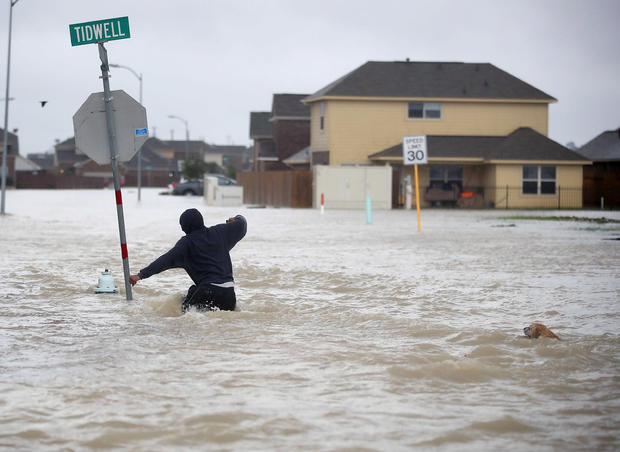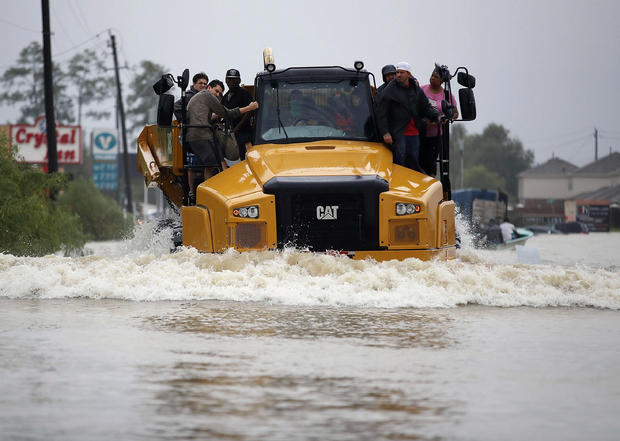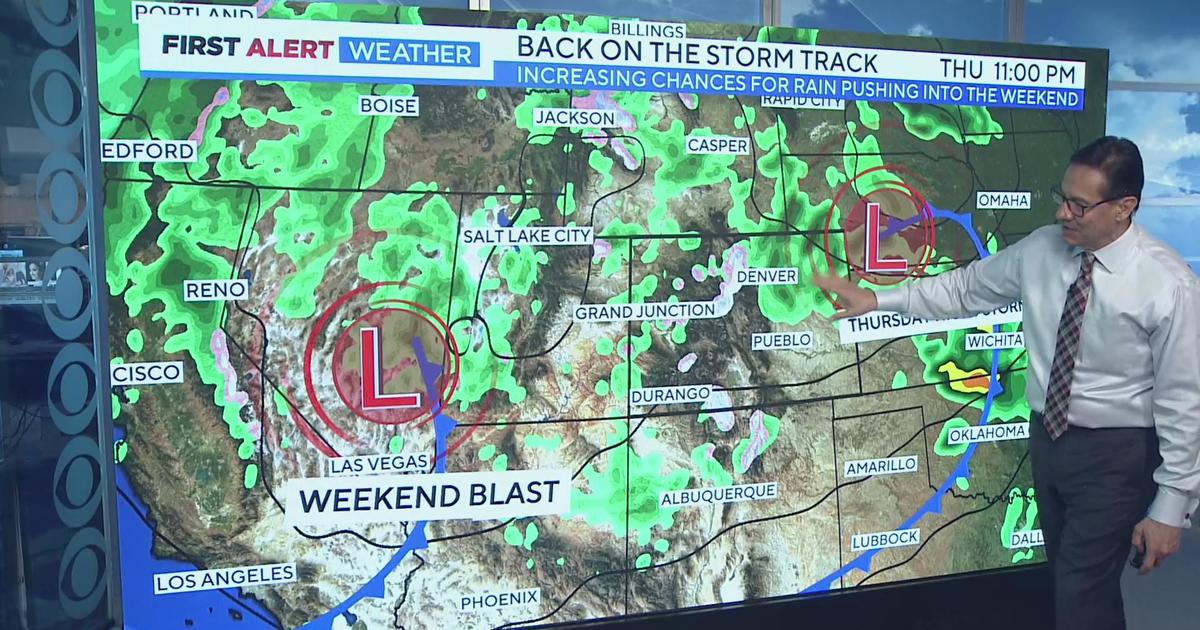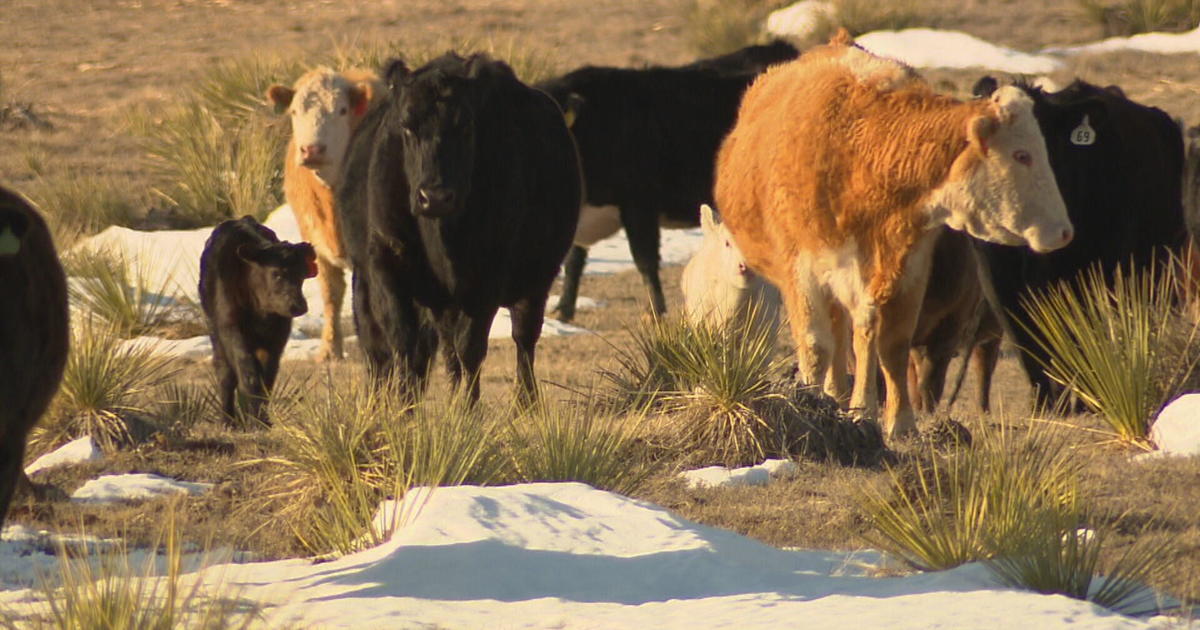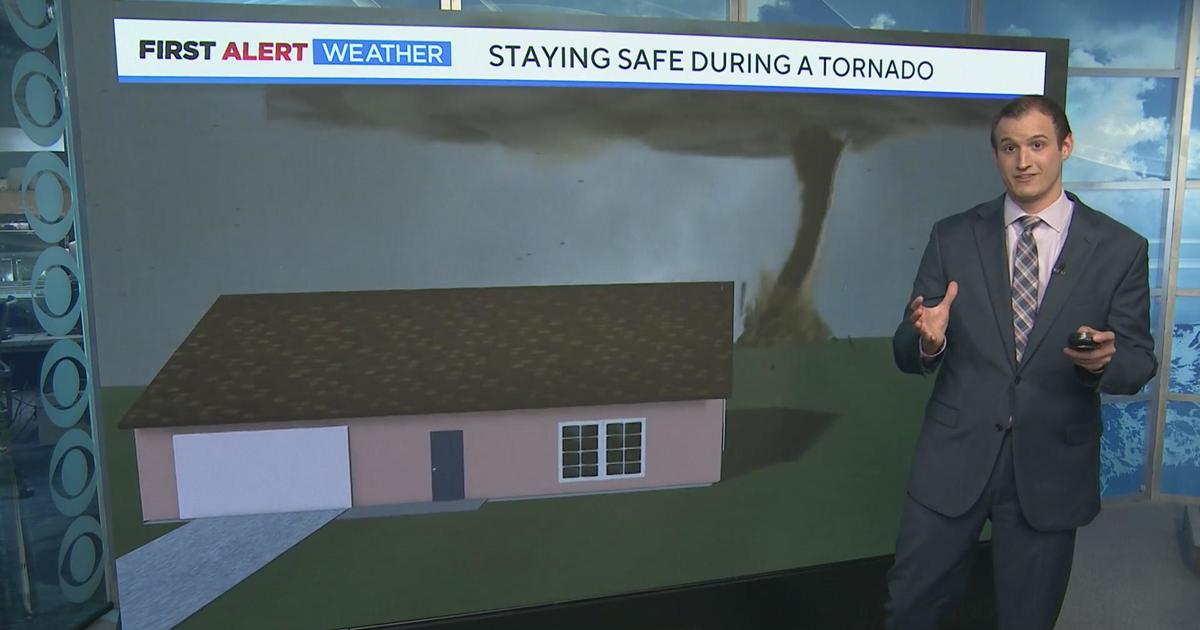Health Problems From Harvey: The Worst Is Yet To Come
DENVER (CBS4) - As rains diminish and flood waters slowly recede around Houston and other cities hit by Harvey, health problems are moving in the other direction, with the worst yet to come.
When the storm hit, the major concerns were drownings, injuries, and things such as carbon monoxide poisoning. But now comes a big shift, a ticking clock of health issues that will last for days, weeks, and even months to come.
During the worst of the weather, one major worry was sickness from germs in flood waters—it's a concern that obviously continues. But more worrisome is the current health of the displaced, particularly for those in crowded shelters. Respiratory and intestinal illnesses are extremely contagious in close quarters, especially when it's hard to be hygienic as a person would otherwise like to be.
And though you've probably heard about urgent medical issues for those displaced, such as the need for dialysis, there are newer concerns about making sure that people with chronic health problems such as diabetes, heart disease, or lung problems have medication and are getting the care they need. Many had to leave their prescriptions behind as they evacuated from rising waters.
While skin infections were an obvious early danger, they will be an ongoing concern as well, especially since it typically takes several days to go from exposure of a cut to germs to an active infection.
There's also the worry about what people are being exposed to skin-wise (and now breathing-wise) from things such as toxins, solvents, chemicals, and pesticides in the water and air. Even as the water recedes, these substances will settle onto surfaces and remain there long after things dry out.
RELATED: Denverites Shouldn't Expect To Fly To Houston Easily For Weeks
West Nile Virus and Zika Virus are likely to be big players in the area as mosquito larvae hatch, and mosquitoes breed and bite as we get into September. In fact, after Katrina, cases of West Nile more than doubled within one month's time.
The same thing happened with mold back then —and something that is going to be huge problem as cleanup begins from Harvey. After Katrina, about half of structures were found to have visible mold. Note the word "visible", since mold can lurk silently ---as it gets inhaled into lungs and nasal passageways. This is obviously a worry for people with asthma and respiratory problems, but mold can really hit otherwise healthy people hard as well. There's going to need to be a lot of clothing, furniture, bedding, and carpets thrown out, as well as checking to seeing what's penetrated and is growing behind walls and under floors.
So you can see, the problems ahead are immense. Which really does place a major stress on the psyche of anyone who has lived through Harvey. People are amazingly resilient, but there's a trauma that comes with this type of catastrophe, including PTSD--- so when the dramatic images of flooding and rescues fade from your mind, there are countless others who will still be coping with a long term nightmare.
Continue with your kindness and generosity. Help these folks not only now, but in the times to come.
RELATED: Denverites Shouldn't Expect To Fly To Houston Easily For Weeks
Dr. Dave Hnida is CBS4's Medical Editor. He blogs about the latest studies and trends in the health world. Read his latest blog entries, check out his bio or follow him on Twitter @drdavehnida
